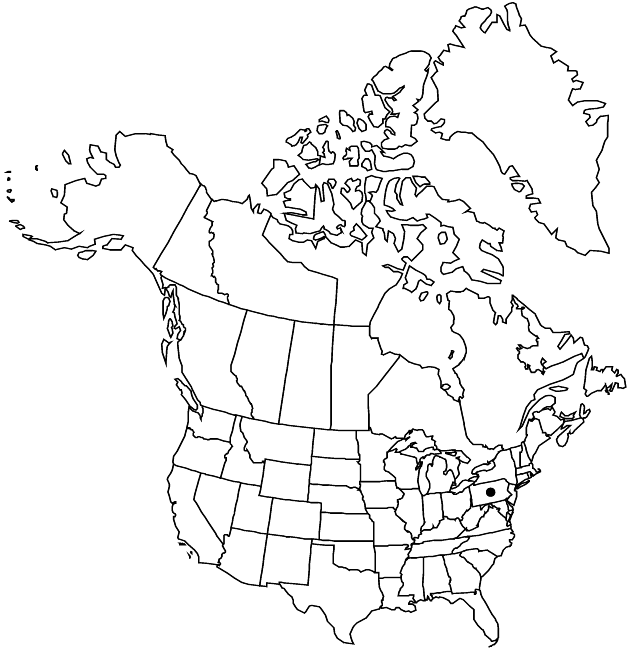Difference between revisions of "Senecio erucifolius"
Fl. Suec. ed. 2, 291. 1755.
FNA>Volume Importer |
FNA>Volume Importer |
||
| Line 52: | Line 52: | ||
|publication year=1755 | |publication year=1755 | ||
|special status= | |special status= | ||
| − | |source xml=https://jpend@bitbucket.org/aafc-mbb/fna-data-curation.git/src/ | + | |source xml=https://jpend@bitbucket.org/aafc-mbb/fna-data-curation.git/src/f6b125a955440c0872999024f038d74684f65921/coarse_grained_fna_xml/V19-20-21/V20_1281.xml |
|tribe=Asteraceae tribe Senecioneae | |tribe=Asteraceae tribe Senecioneae | ||
|genus=Senecio | |genus=Senecio | ||
Revision as of 18:41, 24 September 2019
Perennials, 30–120 cm (rhizomes branched, sometimes producing stolons). Herbage floccose-tomentose, unevenly glabrescent (persistently hairy on abaxial leaf faces). Stems usually single, sometimes loosely clustered. Leaves ± evenly distributed (basal and proximal sometimes withering before flowering); petiolate (proximal) or sessile; blades ovoid or oblong to spatulate (usually pinnatifid to pinnatisect, lobes ± lanceolate to linear), (3–)5–12 × (1.5–)2–4 cm, bases tapered to ± truncate, ultimate margins (often revolute) dentate or entire. Heads 20–60 in corymbiform arrays. Calyculi of 4–6(–10) bractlets (lengths to 1/2 phyllaries). Phyllaries ± 13, 5–7 mm, tips green or greenish. Ray florets ± 13; corolla laminae 12–15 mm. Cypselae hairy.
Phenology: Flowering summer.
Habitat: Waste grounds
Elevation: 0–200+ m
Distribution

Pa., Old World.
Discussion
Senecio erucifolius has been introduced occasionally around seaports and has persisted. At present, it appears to be uncommon and highly localized; it should be expected almost any place that its close relative, Senecio jacobaea, occurs.
Senecio erucifolius was treated in Jacobaea by E. Wiebe (2000); see discussion under 53. S. jacobaea.
Selected References
None.